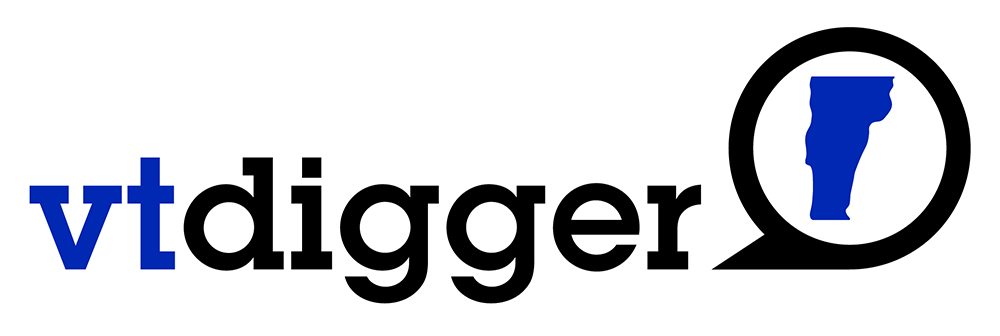
Born Aug. 1, 1948
Kulpsville, Pennsylvania
Died Aug. 21, 2025
Sellersville, Pennsylvania
Details of services
Bob will be laid to rest with military honors at the Vermont Veterans Memorial Cemetery in Randolph, Vermont. The interment will be conducted privately, in accordance with the family’s wishes.
Robert L. Snyder, passed away on August 21, 2025, at the age of 77 in Sellersville, Pennsylvania. He was known to most as Bob and to some he was lovingly referred to as Bobby, Dad and Grampy.
Born in Kulpsville, PA, Bob was the son of Benjamin and Maude Snyder. He grew up in Towamencin Township and graduated from North Penn High School with the Class of 1967. Shortly thereafter, Bob answered the call to serve his country, enlisting in the United States Air Force in December 1967.
His distinguished military career spanned over twenty-six years, culminating in his retirement in 1993 with the rank of Senior Master Sergeant. After enlisting, Bob spent a year in Vietnam at Tan Son NHUT Air Base as part of the 377th Combat Support Group (PACAF) where he supported war efforts and the overall mission to provide the base with flying operations support, base defense, and act as an air liaison with members of the South Vietnamese Air Force. Bob also spent a required year of service doing a remote assignment away from his family in Iceland. He served with the 932d Aircraft Control and Warning Squadron at Rockville Naval Installation, Iceland with a primary mission to monitor and detect all aircraft within the vast Icelandic air defense sector, spanning more than 250,000 square miles from the Atlantic Ocean to the North Sea. This mission was crucial during the Cold War years, particularly for early warning and airspace sovereignty against potential Soviet incursions.
After Vietnam, Bob was stationed at Hanscom AFB in Massachusetts where he met and later married Karen McCaffrey. Their union lasted from 1971-1998. Together they had one child, Nicole. Bob’s military career allowed the family to live in Okinawa as well as stateside in Montana, Massachusetts, New Hampshire, Colorado, Illinois and lastly Vermont where the family put down roots and transitioned from military life to civilian life. The family was afforded many wonderful memories, experiences and opportunities due to Bob’s military service. Throughout his time in the Air Force, Bob earned numerous awards, medals and commendations for his dedication, leadership, and excellence which reflected his precision, and pride in every task.
Before retiring from the Air Force, Bob’s last assignment was serving as Wing Liaison between the United States Air Force and the Vermont Civil Air Patrol, a role he was able to continue after officially retiring from the Air Force in 1993 until he left Vermont in 1998.
Bob moved back to his home state of Pennsylvania and lived in Sellersville from 1998 until his death. During this time Bob continued to work, despite being retired, as a letter carrier and then school bus driver for the Penn Ridge School District until he fully retired in 2023.
Shortly after moving back to Pennsylvania, Bob got a second chance at love and met Marie Ferretti. They shared many years together as companions until she passed away in 2022.
Bob’s interests evolved over the years, but his competitive spirit, curiosity and enthusiasm never waned. Earlier in his life he actively played in military softball leagues, was an avid bowler and pool player. He enjoyed many outdoor activities such as fishing, camping and hunting. Later in life he enjoyed solving jigsaw puzzles, card games, tracking space and weather phenomena, reading, watching anything history related and cheering on his beloved Philadelphia Phillies and Eagles.
He is survived by his daughter Nicole Adams and her husband Chris of Essex Junction, VT, and his cherished granddaughter Katie Adams of Daytona Beach, FL. Bob also leaves behind his siblings: Donald Snyder, Denny Snyder (Sherry), Wayne Snyder (Debbie), Geri Drages (John), Kathy Basciano (Mike), and Barbara Feig. He also leaves behind his brother-in-law Richard McCaffrey, sisters-in-law Joann McCaffrey and Judy McCaffrey, many nieces and nephews and former spouse Karen Snyder.
Bob’s life was enriched by the love of his neighbors, the Groeber family—Scott, Jennifer, Ashley, and Jordan—and their dog Bentley.
Bob held a deep affection for Marie Ferretti’s children—Eric Ferretti (Denise), Dana Taylor (Jeff), and Nicole Umphred (John)—along with her grandchildren Nicholas, Jake, Brooke, Luca, Nico, and Rachel, whom Bob embraced as his own.
Bob was preceded in death by his parents, Benjamin and Maude Snyder; his mother- and father-in-law, Raymond and Adelaide McCaffrey; his brother Ben Snyder; his sister-in-law Carol Snyder; his brothers-in-law John McCaffrey, Dennis McCaffrey, and Bill Feig; and his beloved companion, Marie Ferretti.
To honor Bob’s memory, the family invites you to perform an act of kindness this coming Veteran’s Day, a gesture that reflects his service to our country and his generous spirit.
Bob will be laid to rest with military honors at the Vermont Veterans Memorial Cemetery in Randolph, Vermont. The interment will be conducted privately, in accordance with the family’s wishes.
